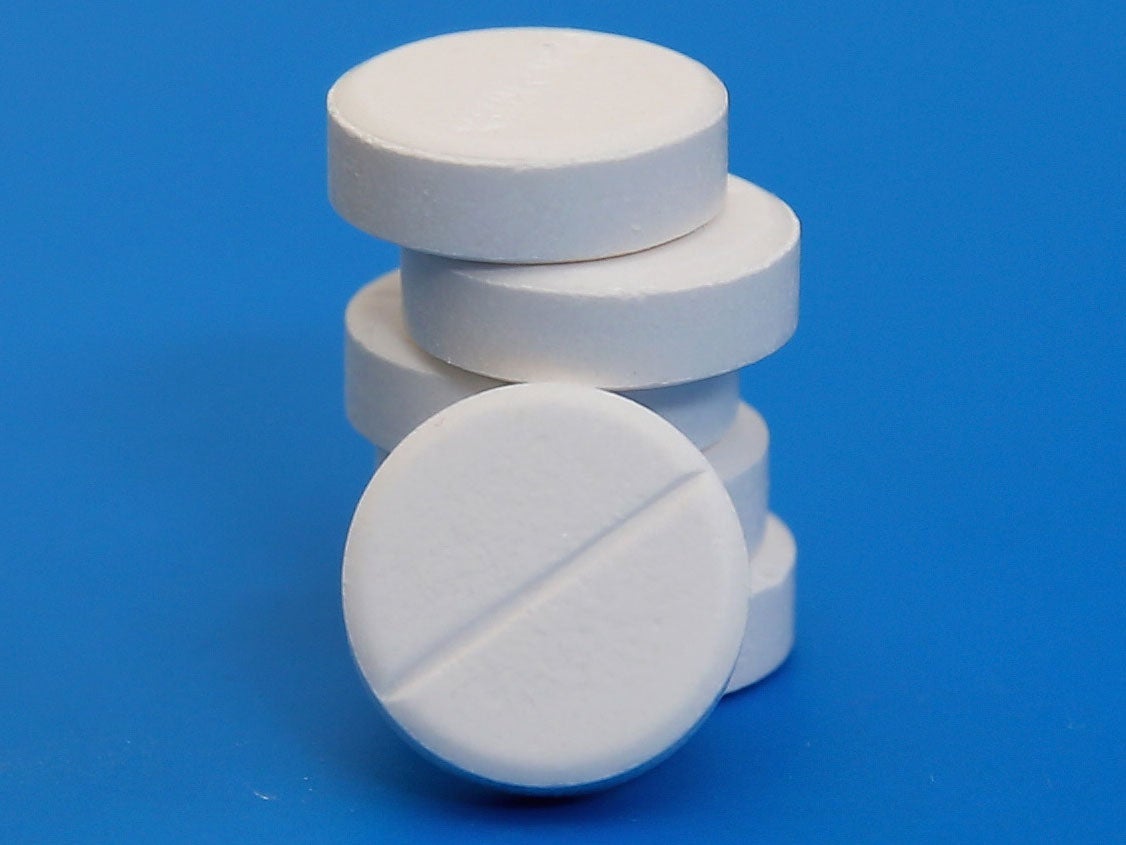Paracetamol during pregnancy may affect male babies, study shows
Scientific research suggests prolonged use of painkiller could reduce testosterone levels, increasing reproductive health risks

Your support helps us to tell the story
From reproductive rights to climate change to Big Tech, The Independent is on the ground when the story is developing. Whether it's investigating the financials of Elon Musk's pro-Trump PAC or producing our latest documentary, 'The A Word', which shines a light on the American women fighting for reproductive rights, we know how important it is to parse out the facts from the messaging.
At such a critical moment in US history, we need reporters on the ground. Your donation allows us to keep sending journalists to speak to both sides of the story.
The Independent is trusted by Americans across the entire political spectrum. And unlike many other quality news outlets, we choose not to lock Americans out of our reporting and analysis with paywalls. We believe quality journalism should be available to everyone, paid for by those who can afford it.
Your support makes all the difference.Using the painkiller paracetamol during pregnancy for prolonged periods of time could contribute to reproductive disorders in male babies, according to scientific research.
Although paracetamol remains the painkiller considered safest for pregnant women, a study by scientists at the University of Edinburgh adds to existing evidence that too much paracetamol during pregnancy may reduce testosterone levels.
Reduced exposure to testosterone in the womb has been linked to an increased risk of infertility, testicular cancer and undescended testicles.
Pregnant women should continue to follow current NHS guidance that they take paracetamol at the lowest effective dose for the shortest possible time, according to Dr Rod Mitchell from the University.
Dr Martin Ward-Platt from the Royal College of Paediatrics and Child Health, said: "The findings of this study send a clear message - expectant mothers should not prolong paracetamol use during pregnancy, only taking it when necessary and as per current NICE guidelines."
NICE is the UK's National Institute for Health and Care Excellence.
Dr Ward-Platt also pointed out that study concerned paracetamol use over several days and that there could be times during pregnancy when limited paracetamol use might be necessary.
"There are times where one or two doses is needed to treat one-off episodes of fever for example," he said.
The University of Edinburgh study used mice carrying grafts of human testicular tissue.
The mice were given three doses of paracetamol a day over a period of either 24 hours or seven days.
The study found there was no effect on testosterone production following 24 hours, but that after a week of exposure the amount of testosterone produced was reduced by 45%.
(Additional reporting by PA)
Join our commenting forum
Join thought-provoking conversations, follow other Independent readers and see their replies
Comments